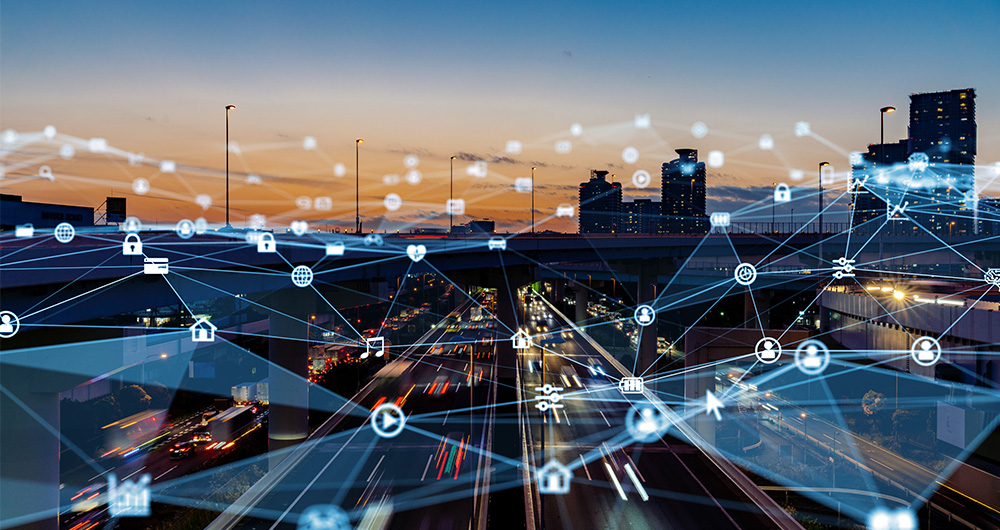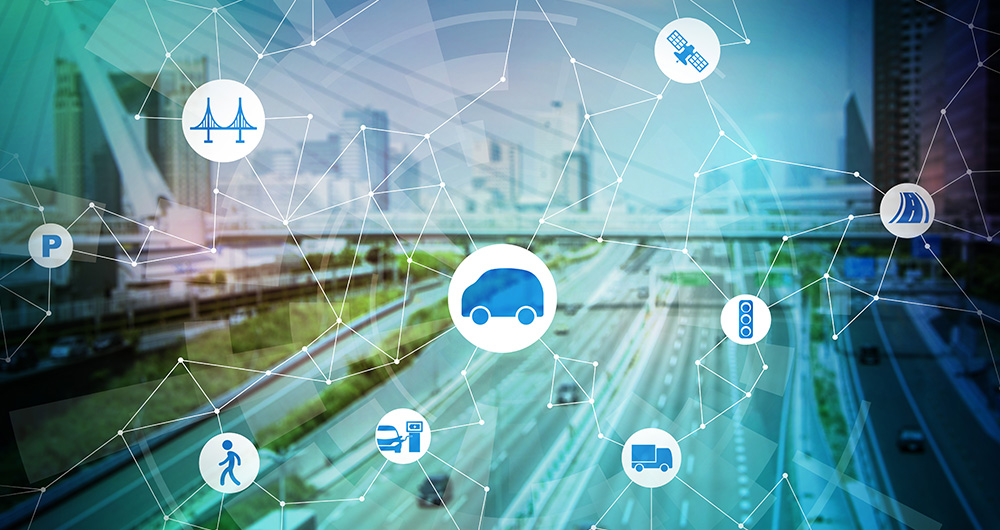10 posts found
What is a data dictionary and why is it important?
Data has occupied a fundamental place in our society in recent years. New technologies have enabled a data-driven globalization in which everything that happens in the world is interconnected. Using simple techniques, it is possible to extract value from them that was unimaginable just a few years a…
Edge computing and its importance in real-time data management
Autonomous vehicles, smart waste management services, trainers that monitor how much we exercise... We live in an increasingly digital and connected environment, with greater similarities to the future we dreamed of as children. It is the so-called Internet of Things (IoT), a network of physical obj…
The benefits of publishing open mobility data in cities
Mobility is a key economic driver. Increasing the efficiency and quality of a country's mobility system contributes both to the strength of its economy and to improving the quality of life of its citizens. This is particularly important in the mobility systems of cities and their metropolitan areas,…
Data vocabularies: why are they important?
Each individual, organization or group uses a number of common words in their daily communication, which would be their personal vocabularies. The greater the number of words we use, the greater our ability to communicate, but it can also be a barrier, increasing the difficulty of understanding othe…
Citizen science and open data to help society
Some time ago we talked about the power of citizen science to generate open data. As we explained then, citizen science initiatives seek to encourage citizens to contribute to various scientific activities and research through their efforts, knowledge, tools and resources.
The participatory n…
Open data: the great allies to eradicate inequality
Is it possible to find in the data the necessary help to solve the real problems that our society faces? While it is true that data alone cannot be transformed into food for the most disadvantaged, nor can it make weapons disappear in conflict zones or inequalities in the world, they are very useful…
How open data can help in the refugee crisis
According to the United Nations Agency for Refugees (UNHCR), we are currently witnessing the highest levels of displacement of people registered in recent history. In 2019, it is estimated that more than 70 million people have been forced to leave their homes, including 25.9 million legal refugees,…
Open data as a tool to reduce inequalities
The public sector is not only a great provider of open data, but also one of its main users. Open data facilitates contact and direct communication between governments and citizens. This can drive more efficient and effective public policies.
Among other areas, open data has great potential to devel…
The transforming power of data in our cities
People, governments, economy, infrastructure, environment ... all these elements come together in our cities and they have to make the most of the constant flow of data on their streets to be more efficient. Analysis of the efficiency of services, monitoring of investment, improvement of public…
Linked Open Vocabularies (LOV)
One of the main barriers to the deployment of linked data is the difficulty that data editors have to determine which vocabularies to use to describe their semantics. These vocabularies provide the "semantic glue" that allows simple data to become "meaningful data".
Linked Open Vocabularies (LOV)…









